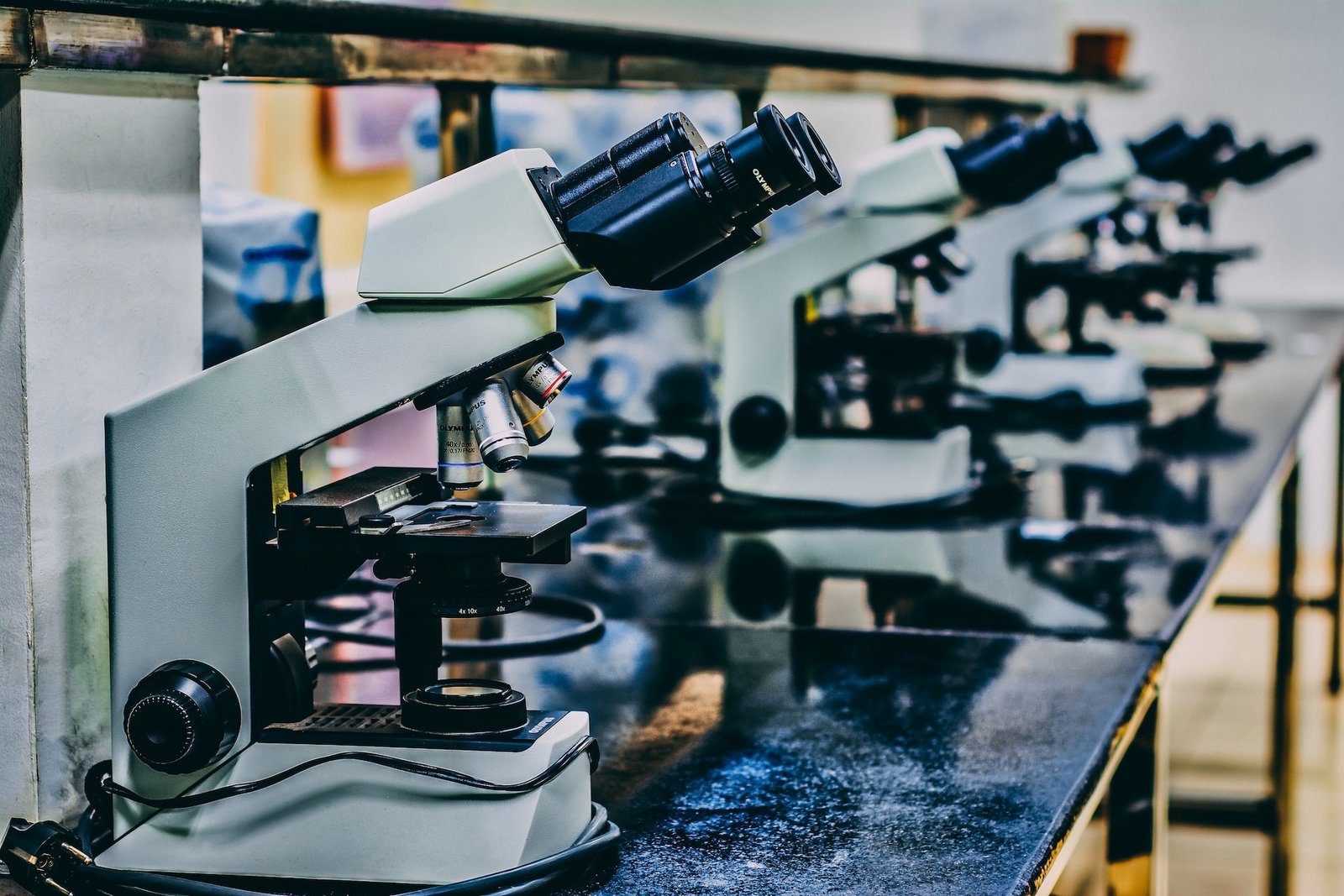A parliamentary committee has observed that the public investment in health research in India is still grossly insufficient.
Limited budgetary allocation for research in health is a major reason behind the slow progress in the field of medical research, the Department Related Parliamentary Standing Committee on Health and Family Welfare said in its report tabled in Lok Sabha on Monday.
Citing the Covid experience and emerging challenges, it stressed that the budgetary allocation to the Department of Health Research should be increased to at least 5 per cent of the total health budget and to 0.1 per cent of the GDP till 2025-26.
Even though the budgetary allocation to ICMR, the country’s premier medical research institution, has witnessed a gradual increase over the past four financial years, it is not commensurate with the constantly expanding mandate, the panel stated.
The panel in its report noted that the COVID-19 pandemic has highlighted the importance of investing in an integrated regional, state and national level research infrastructure to protect the health of a nation.
“The committee notes that most of the budget allocated for research in India is generally allocated to domains like atomic research, defense research and space research as a result India has done remarkably well in these sectors, however, the most basic but most important sector i.e. research in health has often being under-funded,” the report said.
For instance, both Council of Scientific & Industrial Research (CSIR) and Indian Council of Medical Research (ICMR) were established in the 1940s, but today CSIR has grown exponentially with almost the double budgetary allocation of ICMR.
Download Nagaland Tribune app on Google Play

Highlighting that public investment in health research is still grossly insufficient, the committee, therefore, recommended that there should be significant funding to develop and strengthen the health research infrastructure and invigorate the zeal for medical research in a diverse and vast country like India.
The committee said that the DHR must come up with a strategic roadmap to increase its activities and enhance its existing programmes and facilities. This would enable the department to seek enhanced budget allocation and thereby increasing the funds available for health research.
It further stated that the ICMR spent around Rs 1,300 crore for research purposes in 2022-23.
The parliamentary panel opines that considering India is facing multiple challenges on the health front like a rise in communicable diseases, non-communicable diseases like hypertension, cancer and severe malnutrition, anemia in various pockets of the country, there is an urgent need for ICMR to spend much more than Rs 1,300 crore on research.
“Limited budgetary allocation for research in health is a major reason behind the slow progress in the field of medical research.
“The Committee feels that lack of research is a systemic problem that pervades through the entire hierarchy of health system viz. medical colleges, institutes, hospitals and research institutions. The Committee believes that to promote research, the ICMR should further increase its extramural expenditure,” it said.
It stated that ICMR should operate in cohesion with managements of government medical colleges and top faculties of such colleges should be identified and provided with a certain amount per year as a research grant as this may help generate more research output.
The committee recommended that the ICMR, in association with National Medical Commission (NMC) should come out with policy/ guidelines to promote interest for medical research amongst undergraduate/ postgraduate medical students as students need to be exposed to research and not take it as an added burden.
The policy/ guidelines should include ways to ensure that research should be part of the teaching programme and adequate funds should be provided to ensure facilities and infrastructure for the same.
The committee noted that the budgetary allocation for the year 2023-24 of the Department of Health Research is only 3.34 per cent of the total health budget as against 3.71 per cent in 2022-23.
“So, instead of an increase in the share of allocation for health research this year, the allocation has witnessed a decline,” it said.
In 2022, the committee recommended that budgetary allocation to health research should be 5 per cent of the total health budget.
It rued that its earlier recommendation has not been taken into cognisance and reiterated that the budgetary allocation to the Department of Health Research should be increased to at least 5 per cent of the total health budget as this would help create the necessary healthcare and research infrastructure to mitigate future health emergencies.
The parliamentary panel observed that the actual health research expenditure as percentage of GDP has been constant at 0.02 since 2021-22.
Over the years there has been a consistent demand for an increase in the public expenditure on health research and with the COVID-19 pandemic highlighting the importance of funding research in health, the Committee notes that health research expenditure as a percentage of GDP is still very less.
“Given the population size of the country and its recent sour experiences particularly during the second wave of the COVID-19 pandemic, the committee feels that there is a serious need to substantially increase the government expenditure on health research infrastructure as public health resources, necessary to respond to outbreaks like COVID-19 are still weak in India,” it said.
This would require huge investment for the development of clinical research infrastructure, upgradation of testing and diagnostic facilities, human resource and capacity development and other support services.
Hence, the capital expenditure component desperately requires this transformational push, otherwise continuing with the usual budget allocation-expenditure pattern would result in just maintaining the existing system, and not reforming and making it ready to tackle future health emergencies, the report said.
Therefore, the committee recommended that the health research expenditure should gradually be increased to 0.1 per cent of the GDP till 2025-26.

